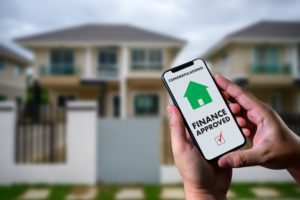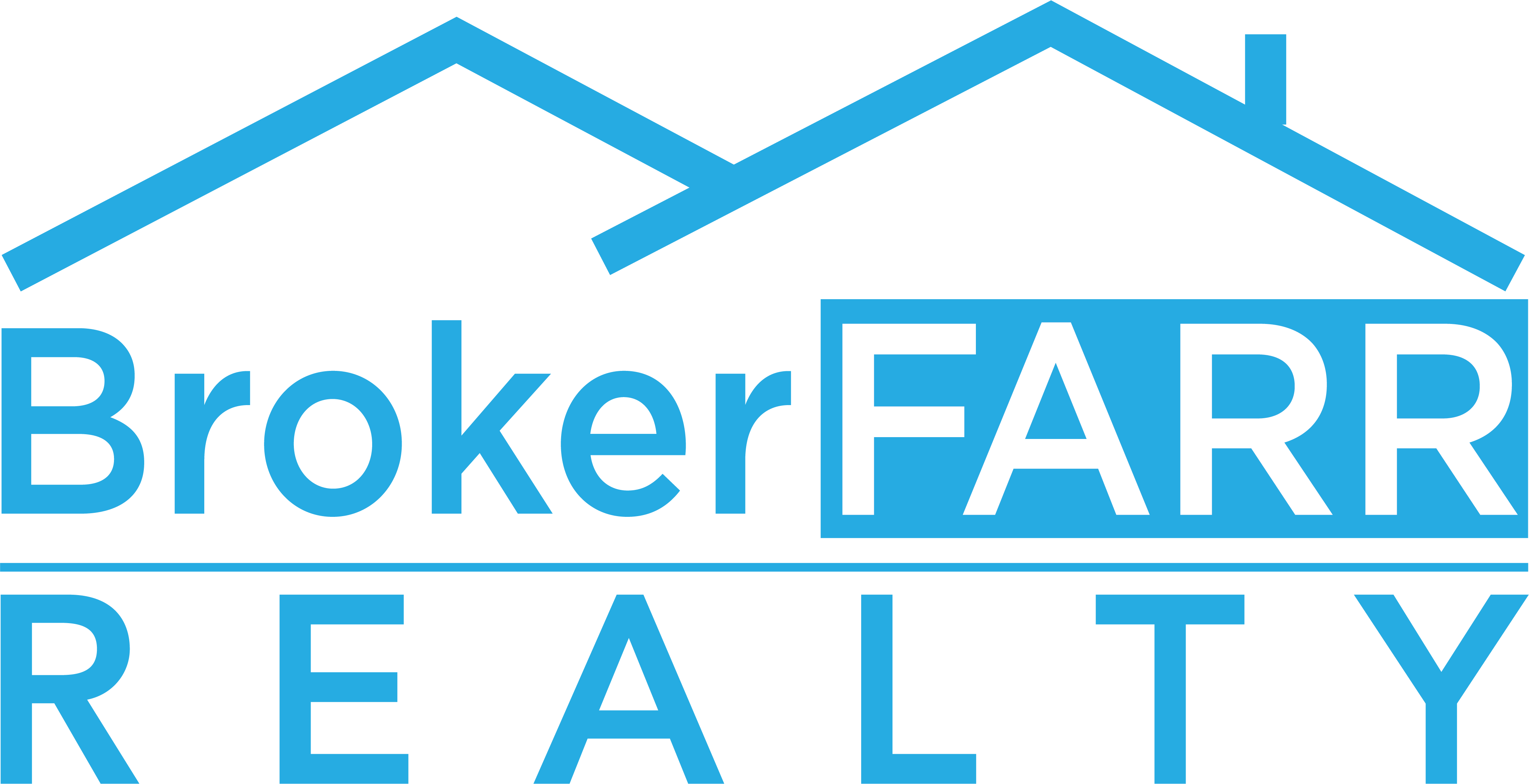Buying a House we can Afford
 An important step is to have a lender review and analyze what you could qualify UP to. Not that you are going to go that high depending on your personal budget, but it creates the ceiling on what homes we could be shopping for. The lender will review you tax returns, paystubs, bank statements, savings, and retirement accounts for an accurate qualification. There are mortgage calculators for estimates… but a lender can review your specific documents for a detailed calculation.
An important step is to have a lender review and analyze what you could qualify UP to. Not that you are going to go that high depending on your personal budget, but it creates the ceiling on what homes we could be shopping for. The lender will review you tax returns, paystubs, bank statements, savings, and retirement accounts for an accurate qualification. There are mortgage calculators for estimates… but a lender can review your specific documents for a detailed calculation.
Here is what the mortgage lender will be working on in addition to other costs and monthly payments to be aware of:
- Verifiable household income, Typically, this is your last 18 months to 2 years of income received so that the lender can calculate your debt-to-income ratio. Total monthly debts (with this new house payment) to your current monthly pre-tax income
- Down payment, (the initial deposit is also part of this amount), how much have you saved and set aside to purchase a home? This is a percentage of the purchase price: it could be anywhere from 10% to 20% or more, which you must pay at closing
- Closing cost amounts, usually three to four percent of the cost of the house, to pay for the services needed to purchase. These are inspections, closing agents, the bank for your loan, and insurance for your new home
- Reserves are part of the loan qualification, The bank wants to see that after you have purchased the home that you have additional savings or retirement leftover as a safety for future events. Depending on your loan amount, they could be looking for 6 or 12 months of your new monthly debts
- Mortgage insurance is needed if you are making a down payment of less than 20 percent. It is also called private mortgage insurance which protects the bank in case of loan default in the future.
Part of your research of how much home you can afford, is calculating your personal budget outside the lender qualifications. Understanding some one-time expenses and don’t forget to include any new day-to-day expenses you’ll incur
- Any upgrades needed before moving into your new home – flooring, paint, or a specific repair item
- Short-term projects to prepare and plan for like remodeling a bathroom or some upgrades within the house
- Utilities – electric, gas, water, landscaper, or pool services
- Association dues or specific expenses for the type or location of your home
- And furniture… Yes, this is where cash seems to sneak out is by filling up the house with new items that fit better than your old ones 😊
Important to note – getting pre-approved also makes you much more attractive to sellers because they can see you are serious and prepared to move forward to buy a home.
Yes, I highly recommend that you become pre-approved for a mortgage before you even start house hunting. 50k up or down could change what kind of homes and where we look for your perfect home. Lastly, understanding your personal budget and household expenses will make all your decisions easier to make as you go through the process.
